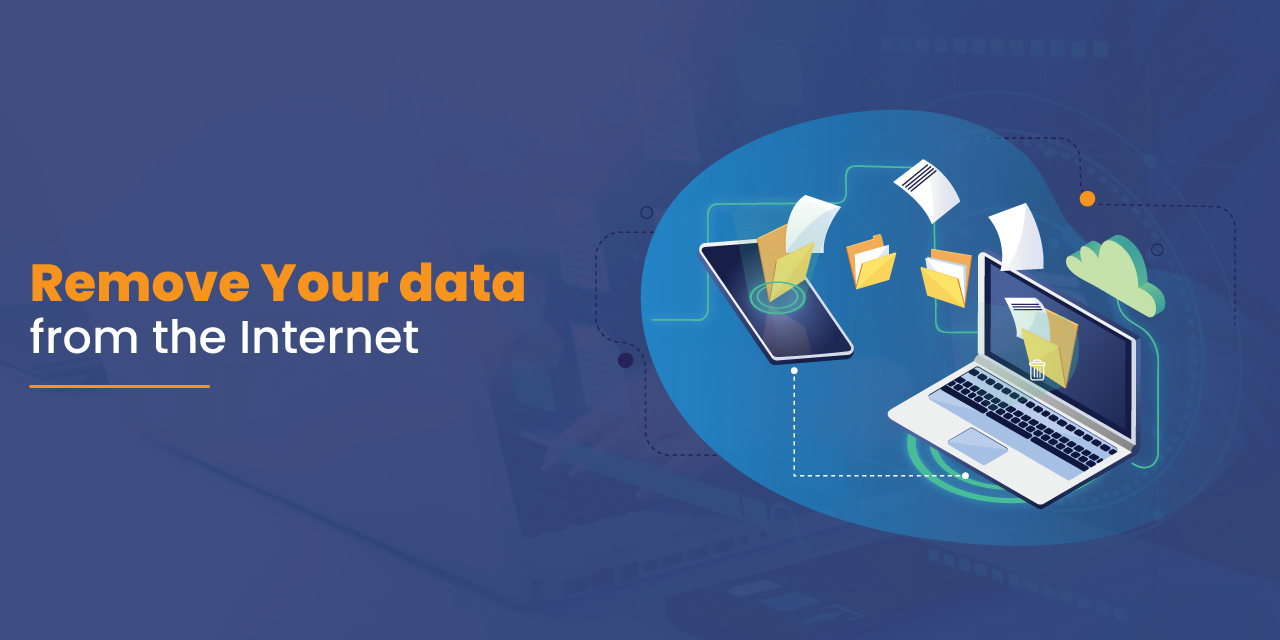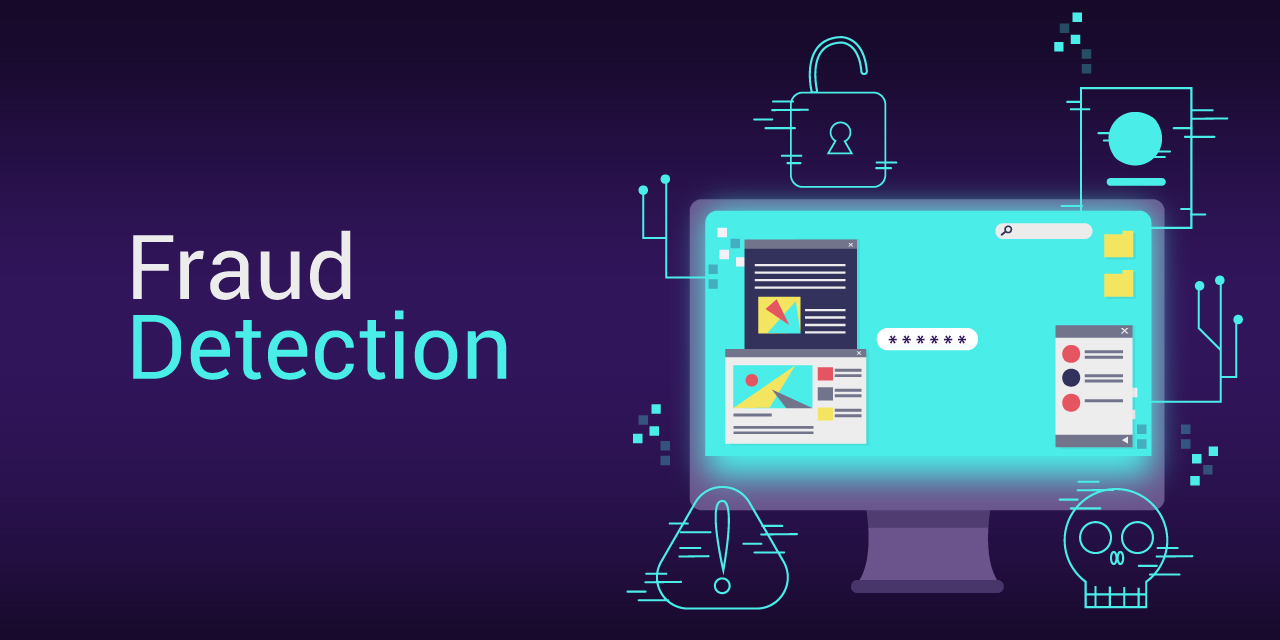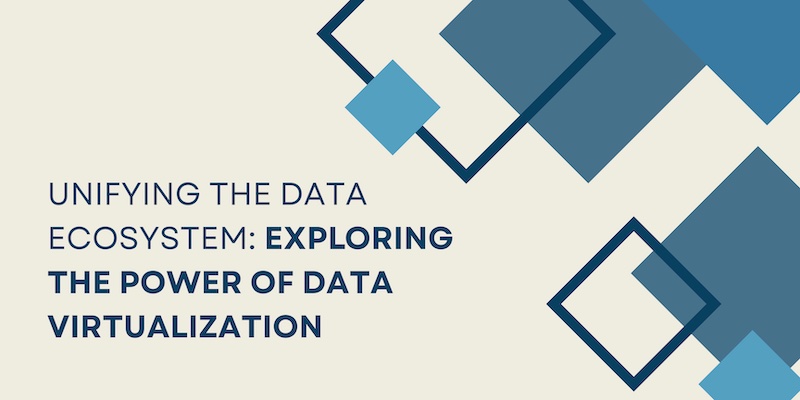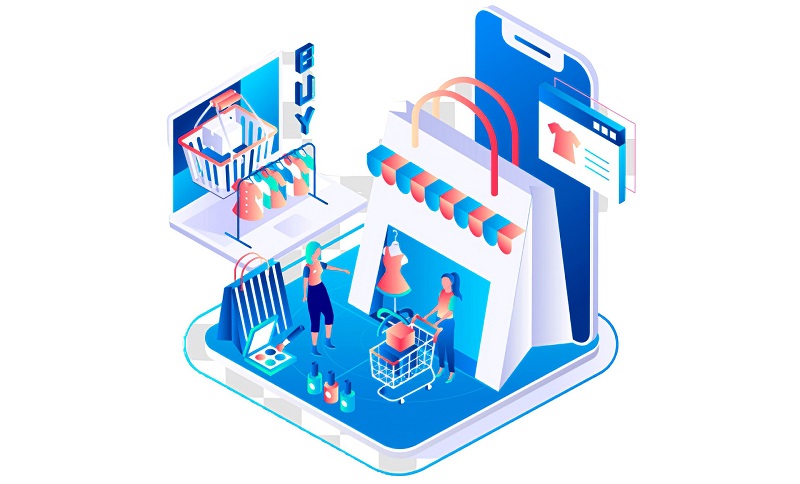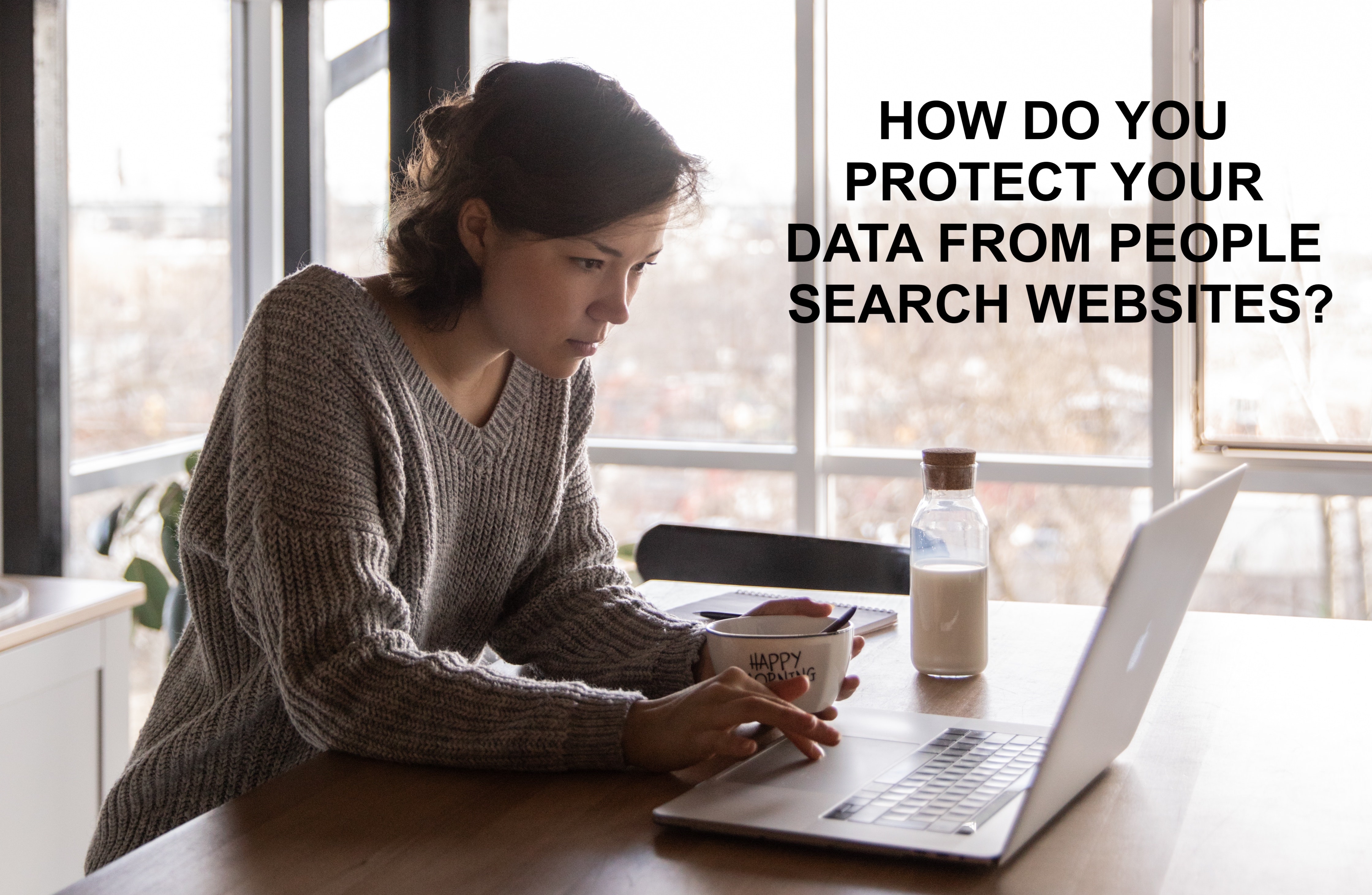
Urban regions are not behind the rest of the globe in terms of digital advancement. Recent technological breakthroughs are assisting cities in not only becoming smarter but more secure. However, face verification technology plays an important part in making the world's urban areas safe. Furthermore, the worldwide worth of face recognition technology (FRT) is predicted to reach $873.7 billion by 2026.


